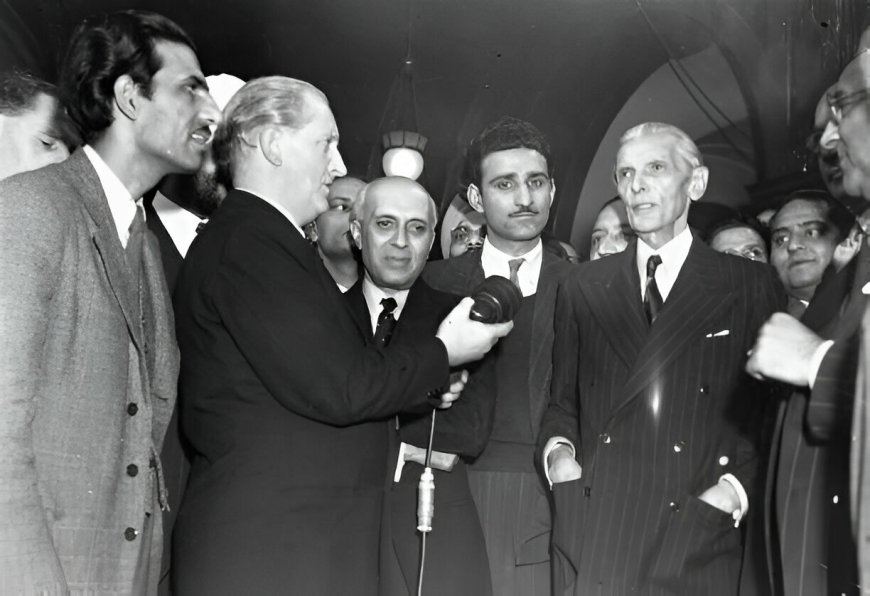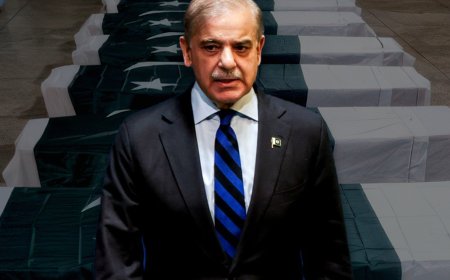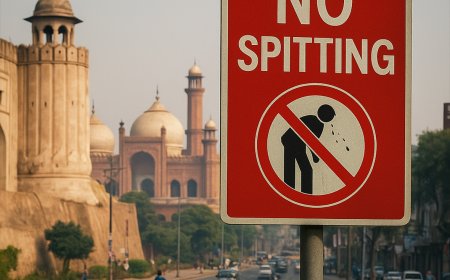The Timeless Legacy of Mohammad Ali Jinnah
On December 25, 2017, we remember Mohammad Ali Jinnah, a towering figure in South Asian history. Revered as the Quaid-i-Azam in Pakistan and seen as a divisive figure in India, Jinnah’s political journey offers lessons that remain relevant even today.

On December 25, 2017, we remember Mohammad Ali Jinnah, a towering figure in South Asian history. Revered as the Quaid-i-Azam in Pakistan and seen as a divisive figure in India, Jinnah’s political journey offers lessons that remain relevant even today.
Beverley Nichols, in Verdict on India, once described Jinnah as “the most important man in Asia,” underscoring his critical role in the tumultuous final years of British India. As the leader of the All-India Muslim League, Jinnah’s steadfast constitutionalism, sharp intellect, and unrelenting determination steered the course of history. His vision of Pakistan was not one of division but of a nation that could coexist peacefully with its neighbors while safeguarding Muslim identity.

Jinnah’s insistence on minority rights and equal citizenship laid the foundation for a modern state. Yet, his early death in 1948 left Pakistan struggling with political instability and a drift away from his constitutional principles. Across the border, his legacy is often overshadowed by his role in the partition, fueling nationalist sentiments in India.
The rise of religious nationalism in both India and Pakistan adds urgency to reexamining Jinnah's legacy. His metaphorical umbrella—an inclusive vision of governance—offers a compelling argument for revisiting ideas of shared sovereignty and regional cooperation. As the challenges of statecraft, religious tolerance, and social justice continue to shape South Asia, Jinnah’s life and values stand as a beacon for those seeking harmony and progress.
Perhaps, in time, both Indians and Pakistanis may come to appreciate the vision of the man who championed human dignity, equality, and justice—a vision far greater than the divisions his political career inadvertently symbolized.
What's Your Reaction?









































































































